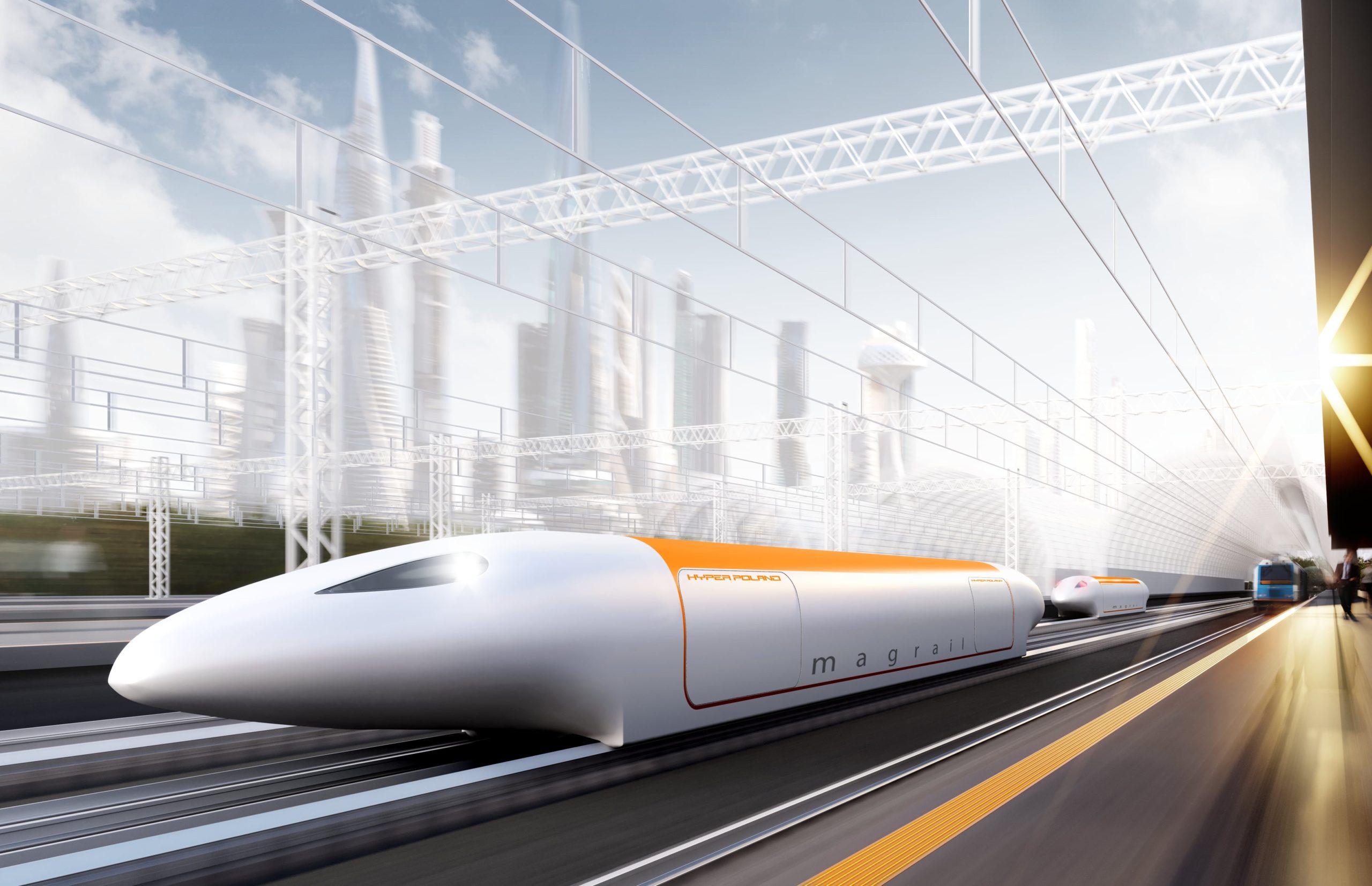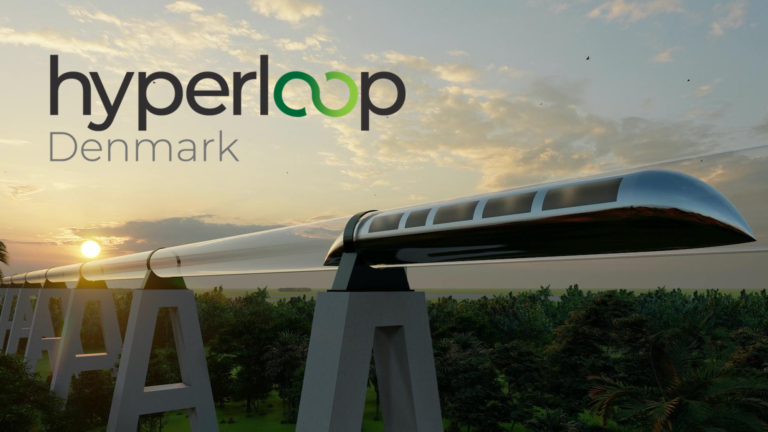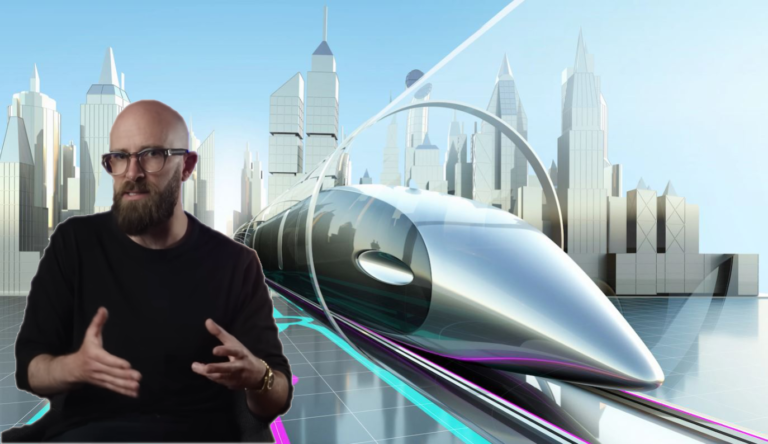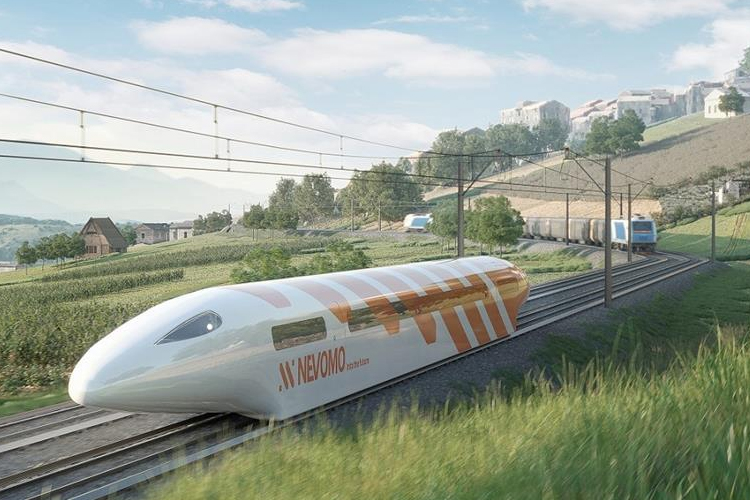Just 10 days after launching a fundraising campaign on investment platform Seedrs, Hyper Poland has achieved its €451,000 investment target. This funding will be dedicated to the continued testing and development of the next generation of high-speed railways, based on magnetic levitation, linear motor and autonomous control systems.
Hyper Poland has successfully secured over 390 investors mainly based in the UK and Poland. The campaign will now continue into overfunding, with the additional equity used for further research into a unique patent-pending tilting mechanism.
Currently, the only company in the world developing such technology, Hyper Poland believes the gradual implementation of hyperloop-inspired solutions will provide much-needed innovation to the railway industry, particularly in the face of fierce competition from other means of transport. Hyper Poland’s goal is to restore the competitive edge of existing railway lines, developing hardware to upgrade existing infrastructures to a high-speed, high-frequency standard.
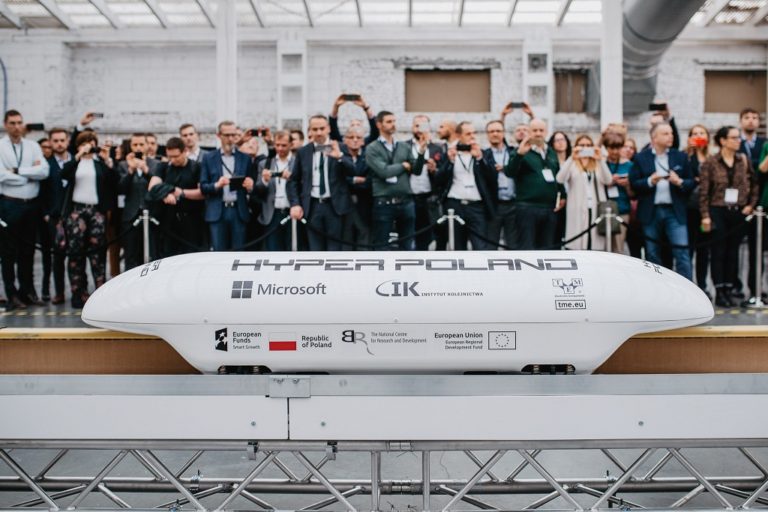
At the moment, Hyper Poland’s unique, patent-pending technology centres around a magrail system, a passive magnetic levitation train operating on existing conventional railway tracks with speeds up to 186 mph (300kph) or 258 mph (415 kph) on HSR lines. This hybrid solution allows for the functionality of both the magrail system and conventional trains on the same tracks so railway operators can depreciate their existing conventional rolling stock.
Looking to the future, this impressive technology can be transformed into a vacuum hyperrail system hitting a top speed of 373 mph (600 kph) on existing conventional tracks and 621 mph (1,000 kph) on HSR lines. The final stage of this transformation will involve building dedicated tracks to enable the hyperloop to travel at up to 746 mph (1,200 kph).
The significance of this innovation is huge, creating a fast, efficient transportation system operating at high-frequency. This will greatly increase the mobility of goods and people to create a completely new economic, social and environmental landscape. Most importantly, this innovation will help transform the current transportation system dependent on fossil fuels into a zero-emission system propelled by renewable energy sources.
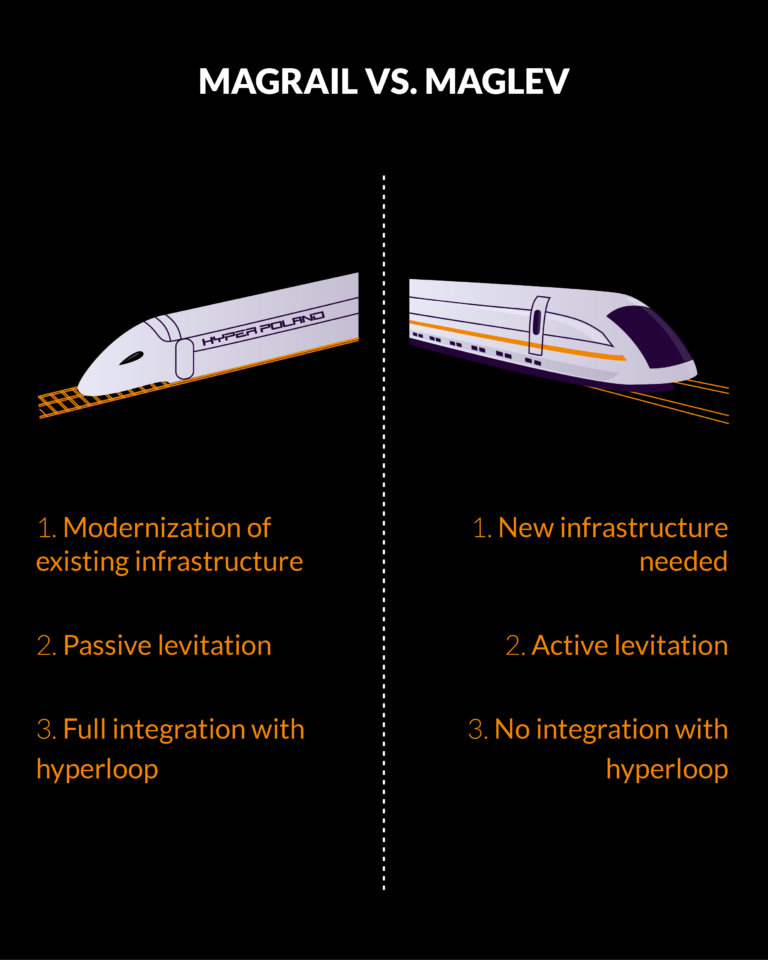
The efforts in developing this technology are gradually being recognised and appreciated by incumbents in the transportation industry. UK Railway Technology named Hyper Poland as a ‘disrupter’ in the rail industry in 2020 and Lufthansa Innovation Hub selected Hyper Poland as one of the top 150 mobility-related start-ups in 2019. In addition, Hyper Poland obtained €3.8 million grant from the Polish National Center for Research and Development in 2019.
Przemysław Pączek, CEO and co-founder of Hyper Poland, explained: “We are delighted to hit our investment target so soon into this funding round. This investment will be used as a 20% own contribution to the grant from the National Center for Research and Development. This means that for every EUR 1 invested by the Seedrs platform we get another EUR 4 from the grant. We started using this mechanism in August last year, and it covered some of the funds collected in the first round of equity crowdfunding, organized between March and May 2019.”
In addition to backing from Microsoft’s global initiative for startups, a programme supporting the most promising technology companies in the world, Hyper Poland’s other main partners include the Warsaw University of Technology, Transfer Multisort Elektronik and Railway Research Institute.
Hyper Poland is developing an innovative approach to hyperloop in three steps in which the first is magrail technology that can be deployed on existing railway infrastructure.
The company consists of a multidisciplinary team of experts with experience gained from among others Airbus, Bombardier, Shinkansen. Hyper Poland team has been twice the finalist of the SpaceX Hyperloop Pod Competition (2016 and 2017) and the finalist of the Build Earth Live Dubai (2016). In 2019 Hyper Poland was classified by Lufthansa Innovation Hub among 150 top mobility startups.
The company’s main partners include Microsoft, Railway Research Institute, Transfer Multisort Elektronik, National Center for Research and Development and the Warsaw University of Technology.
